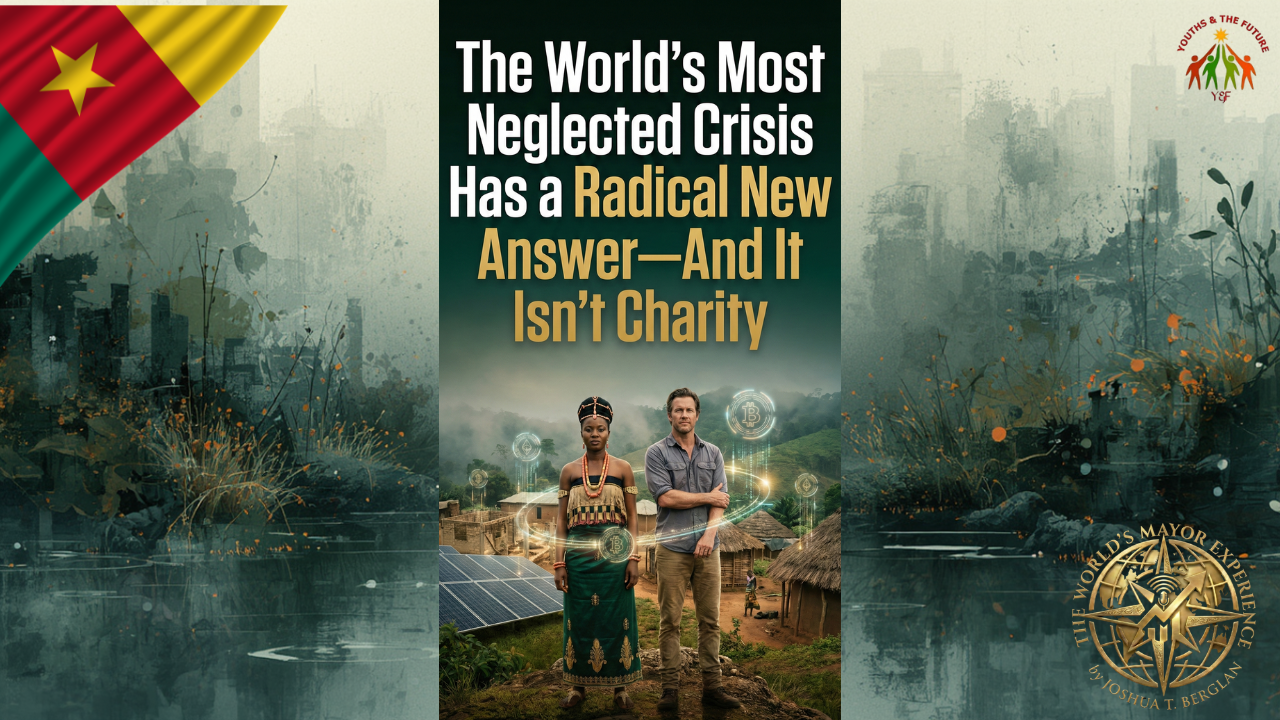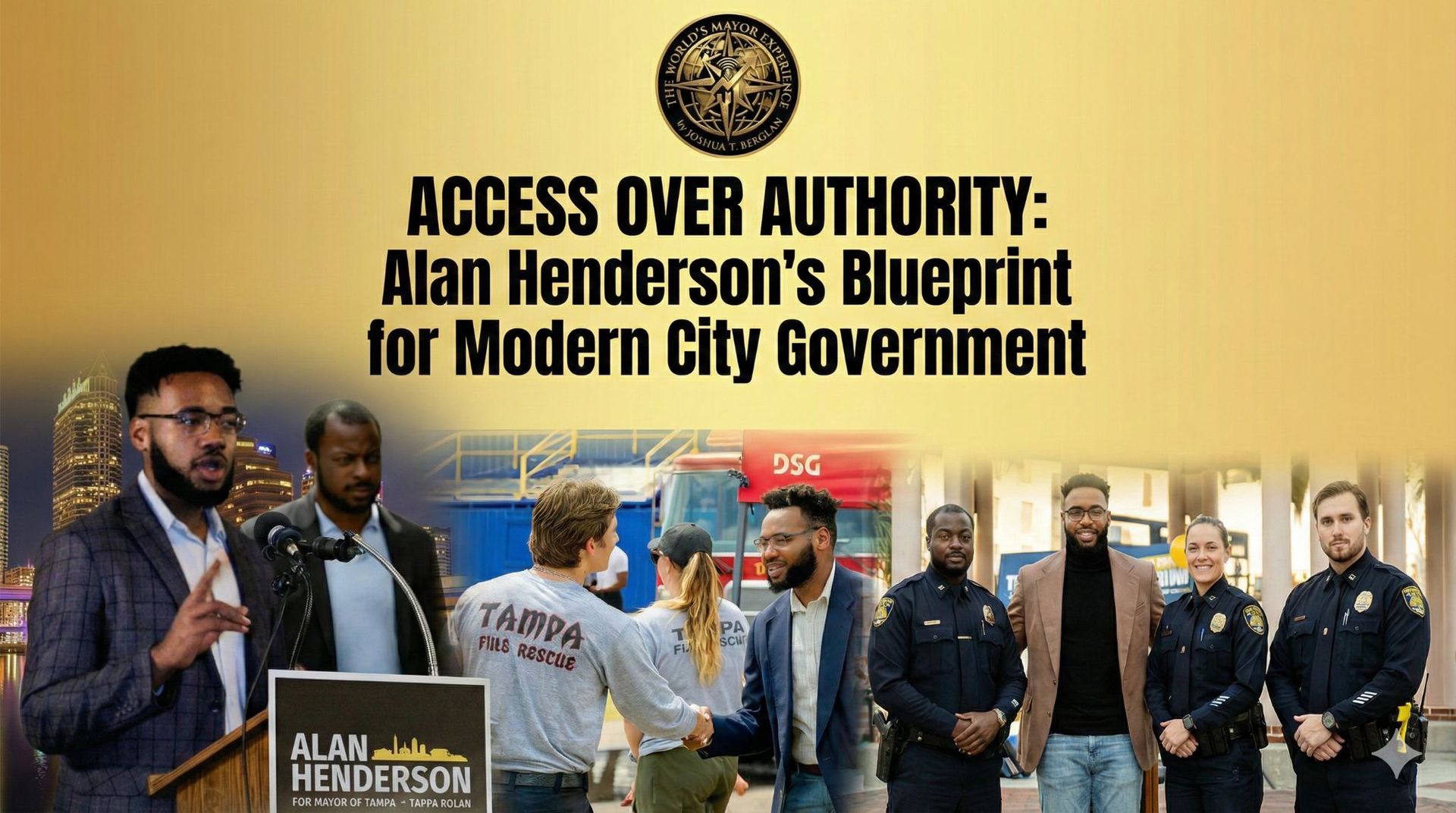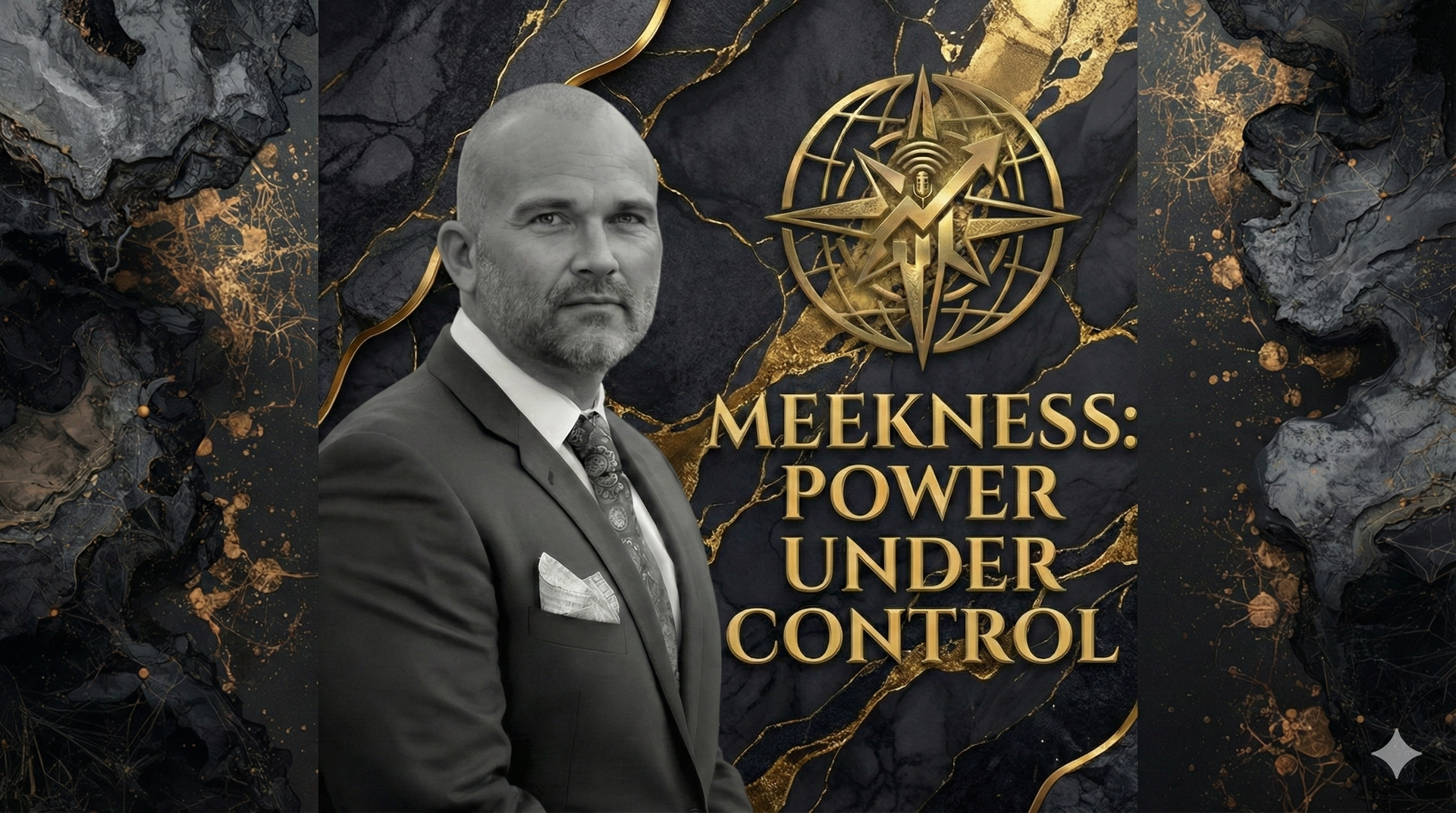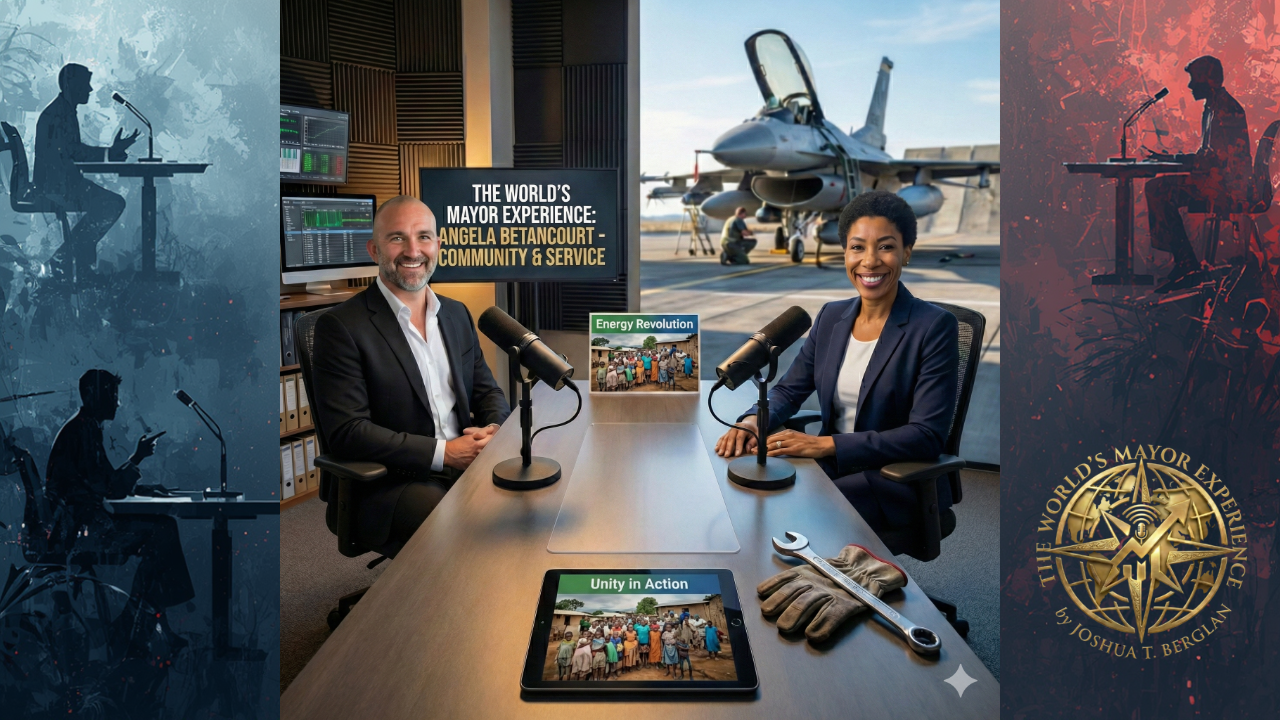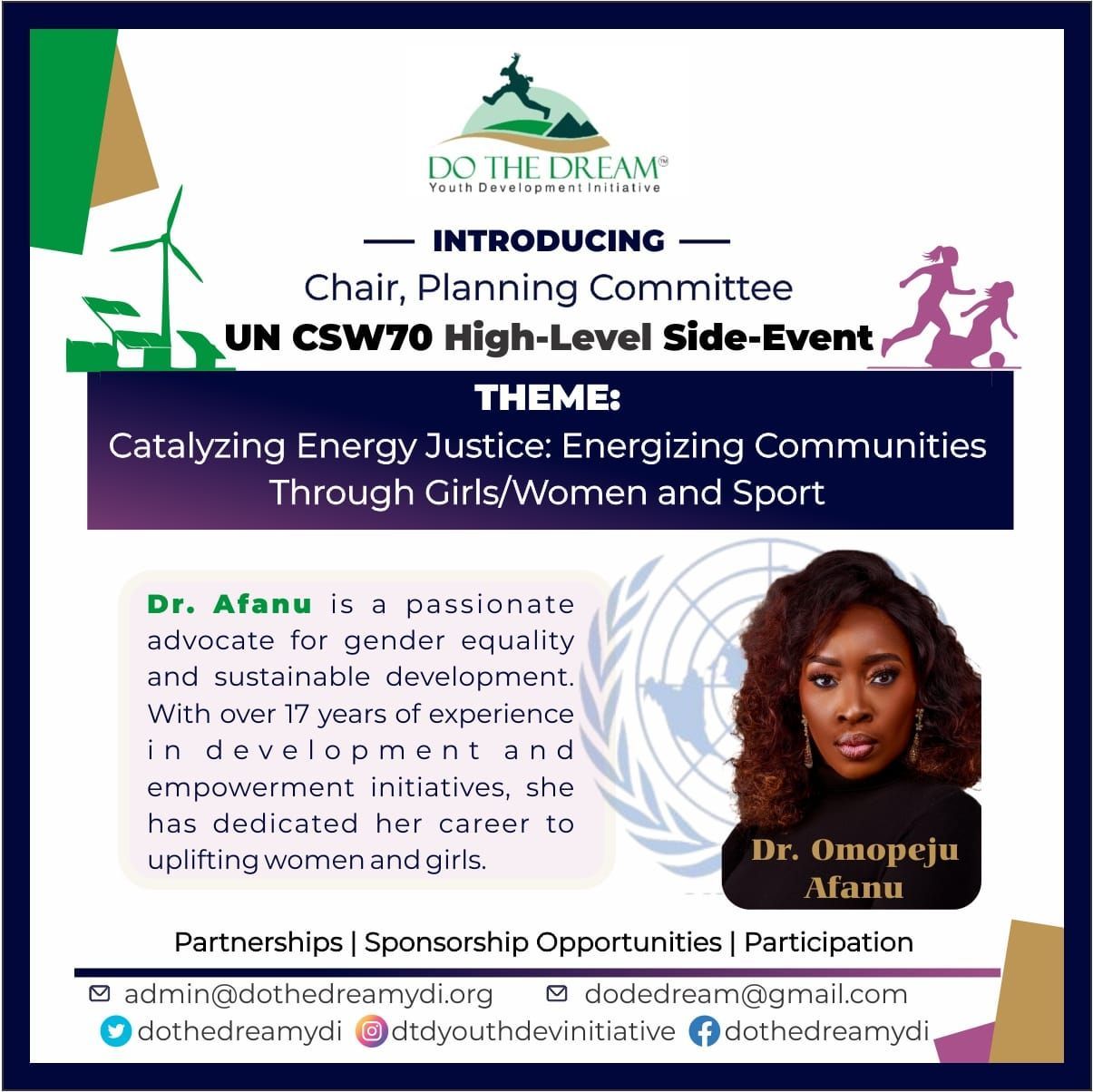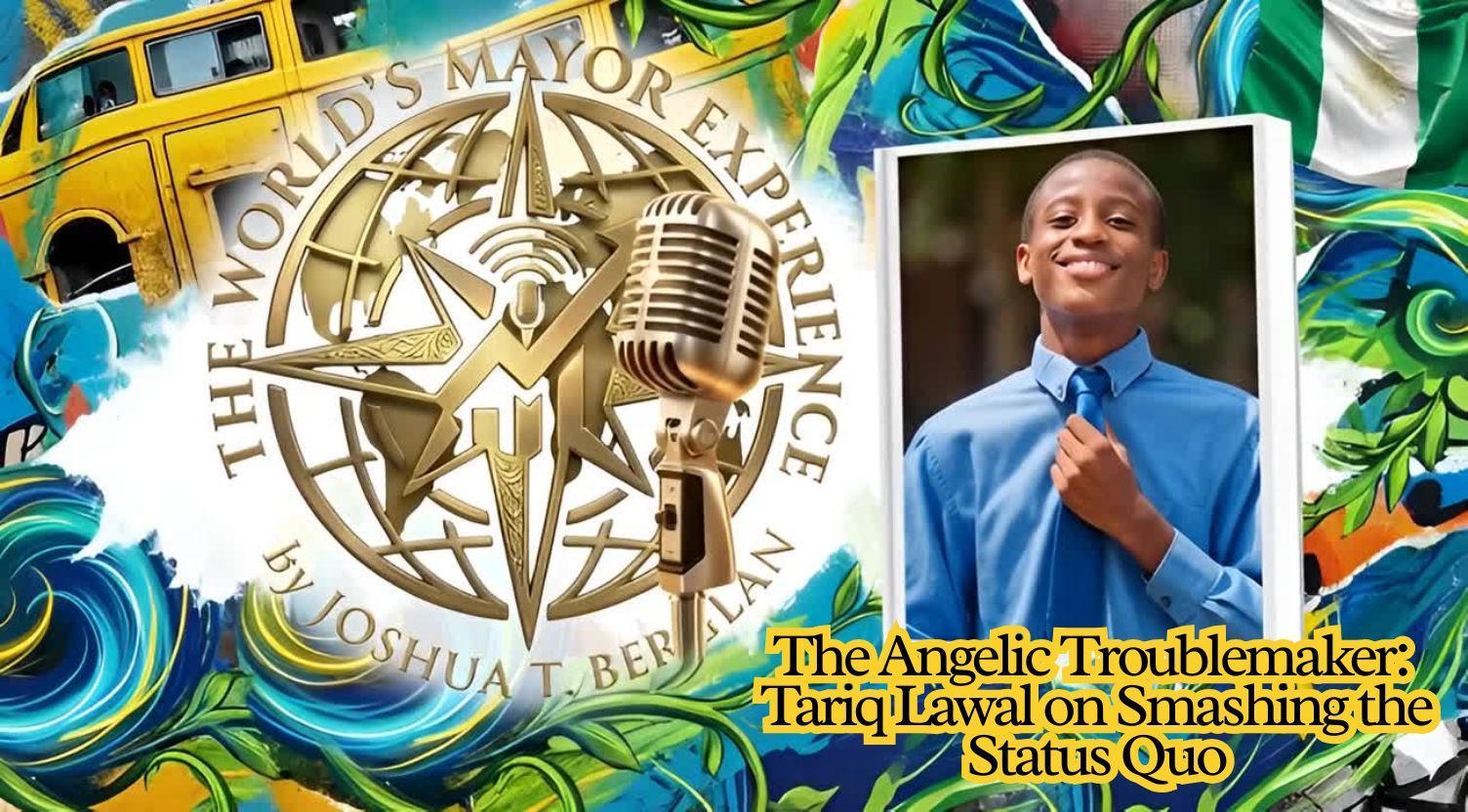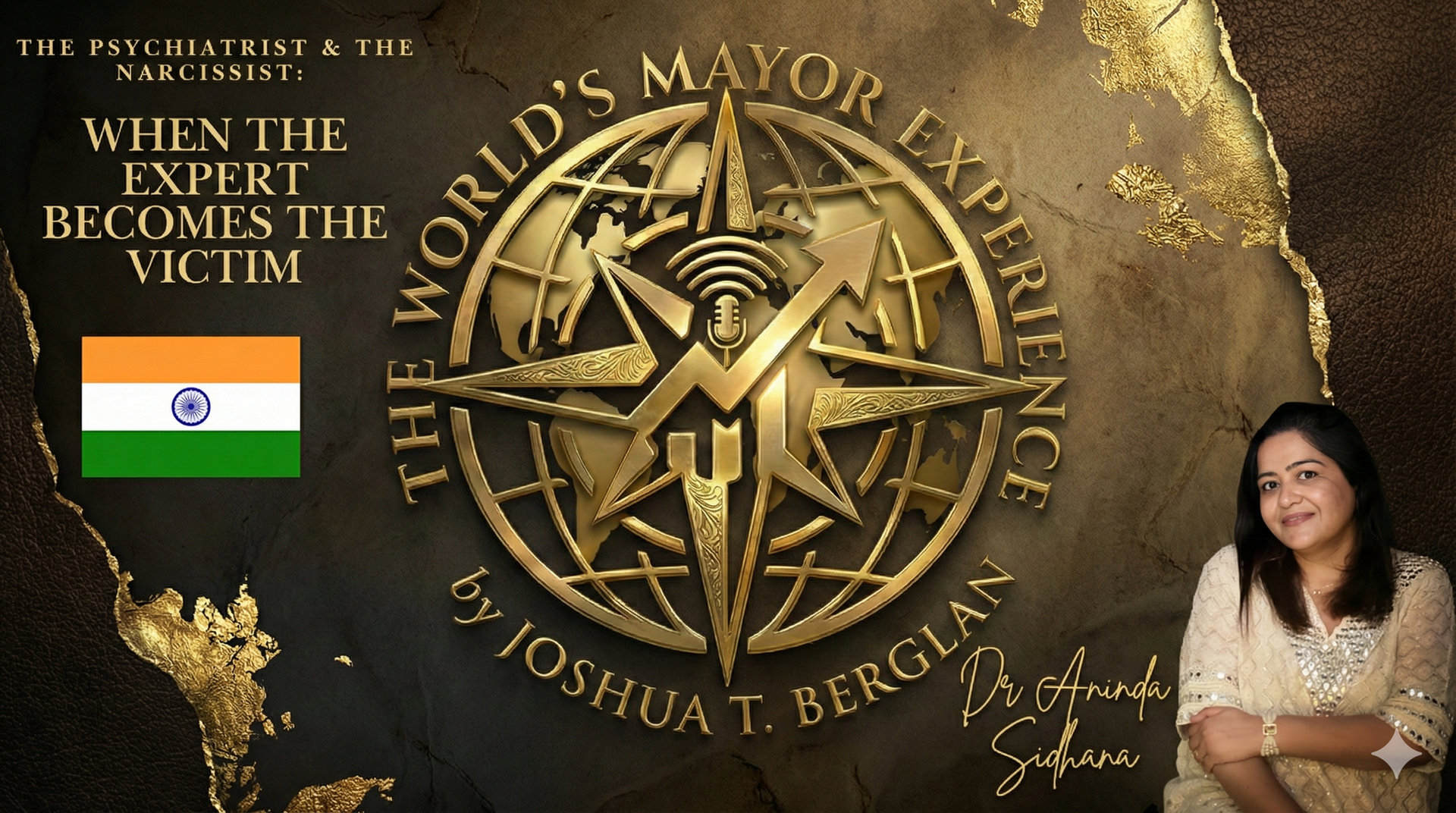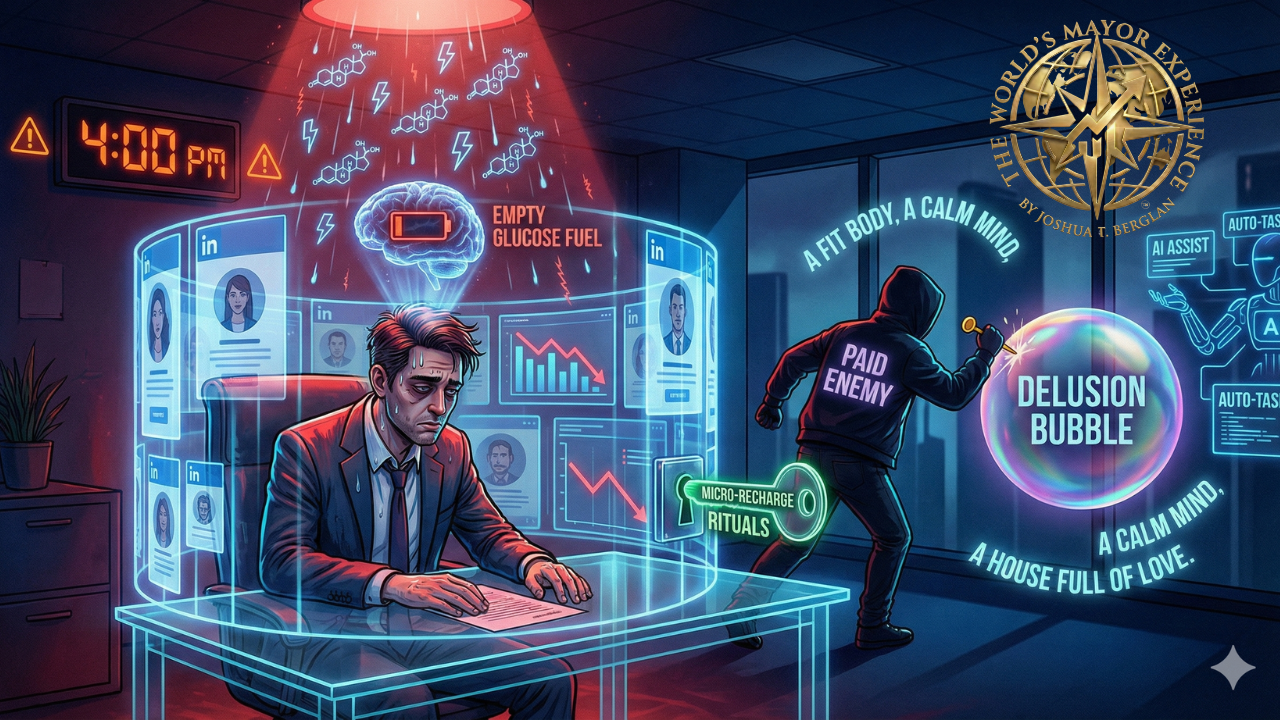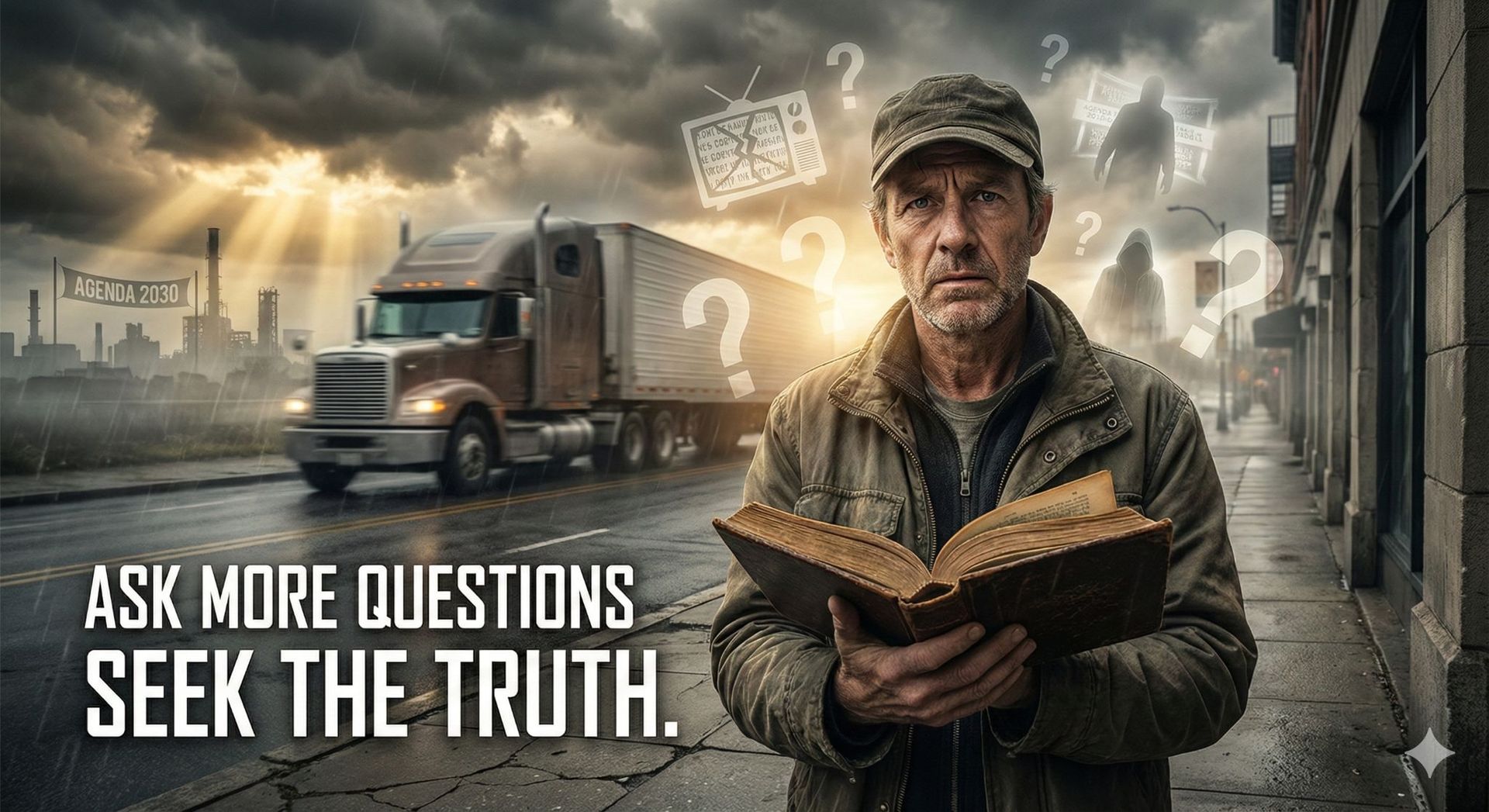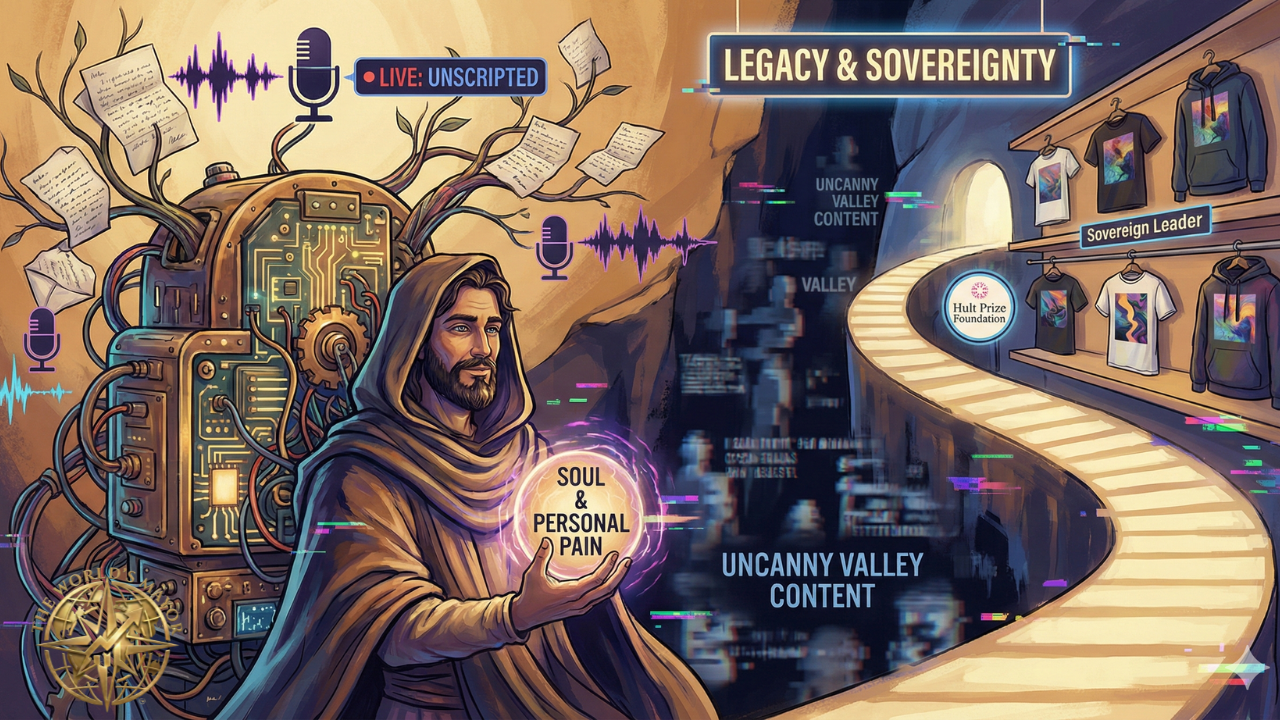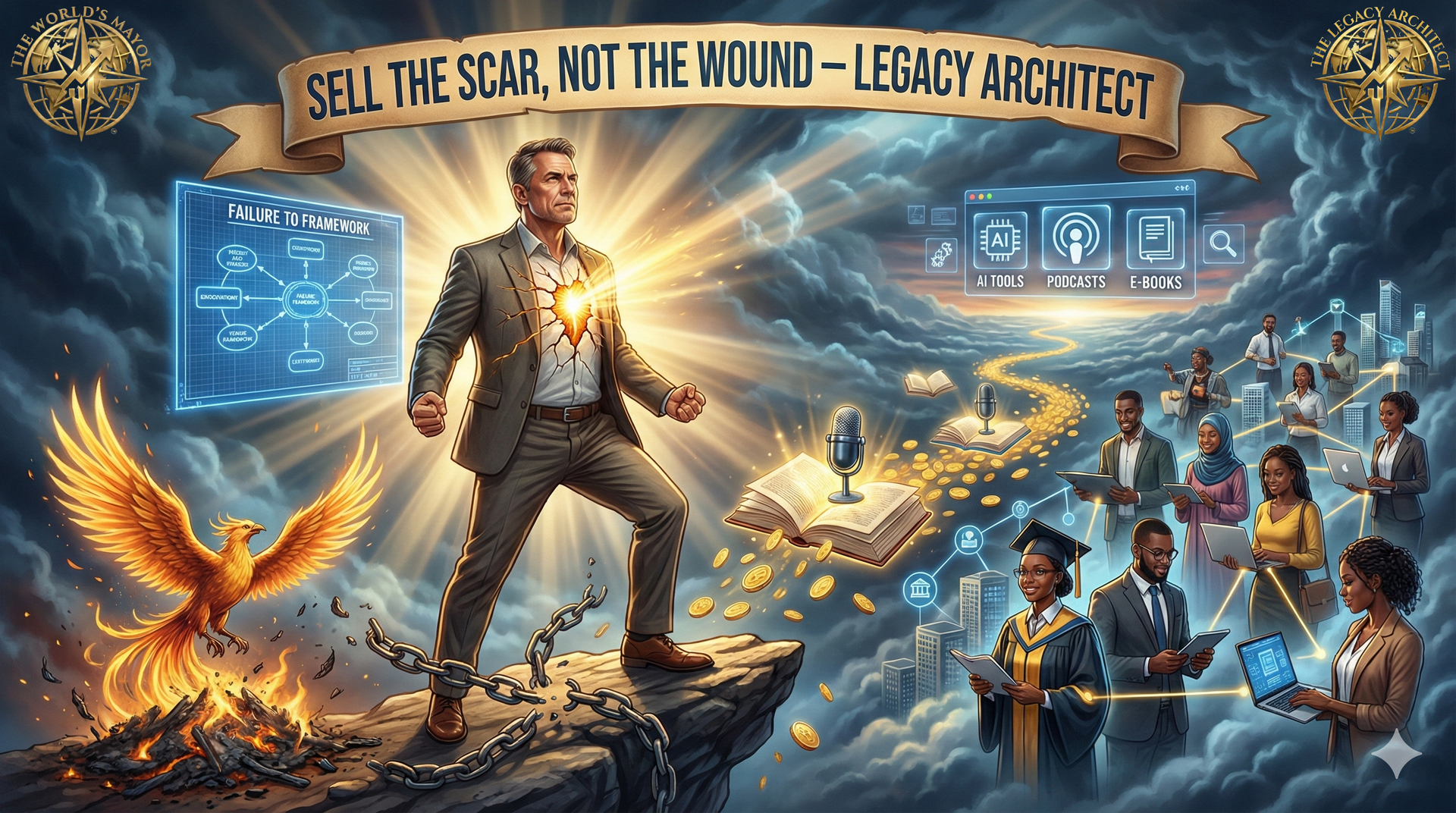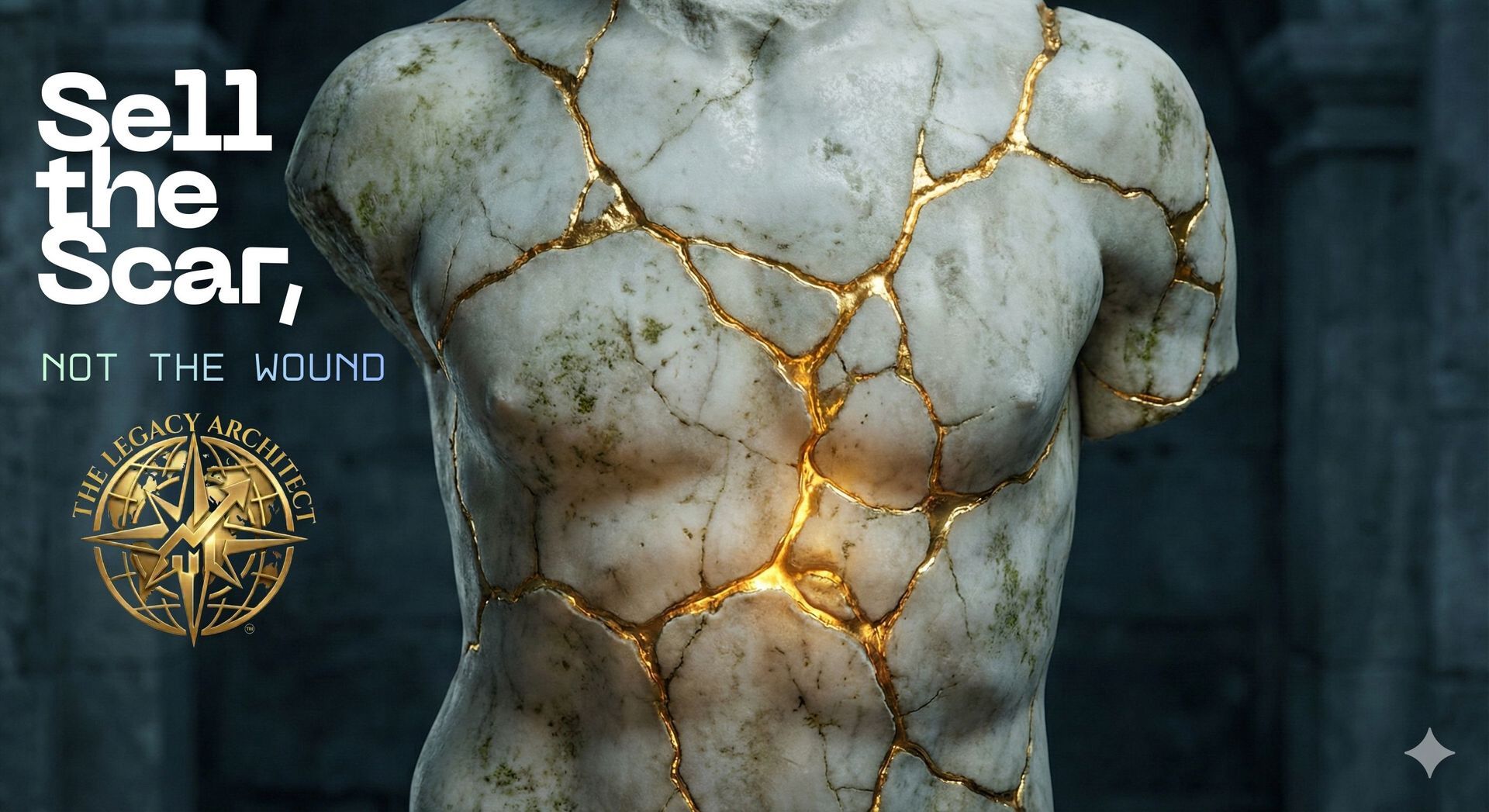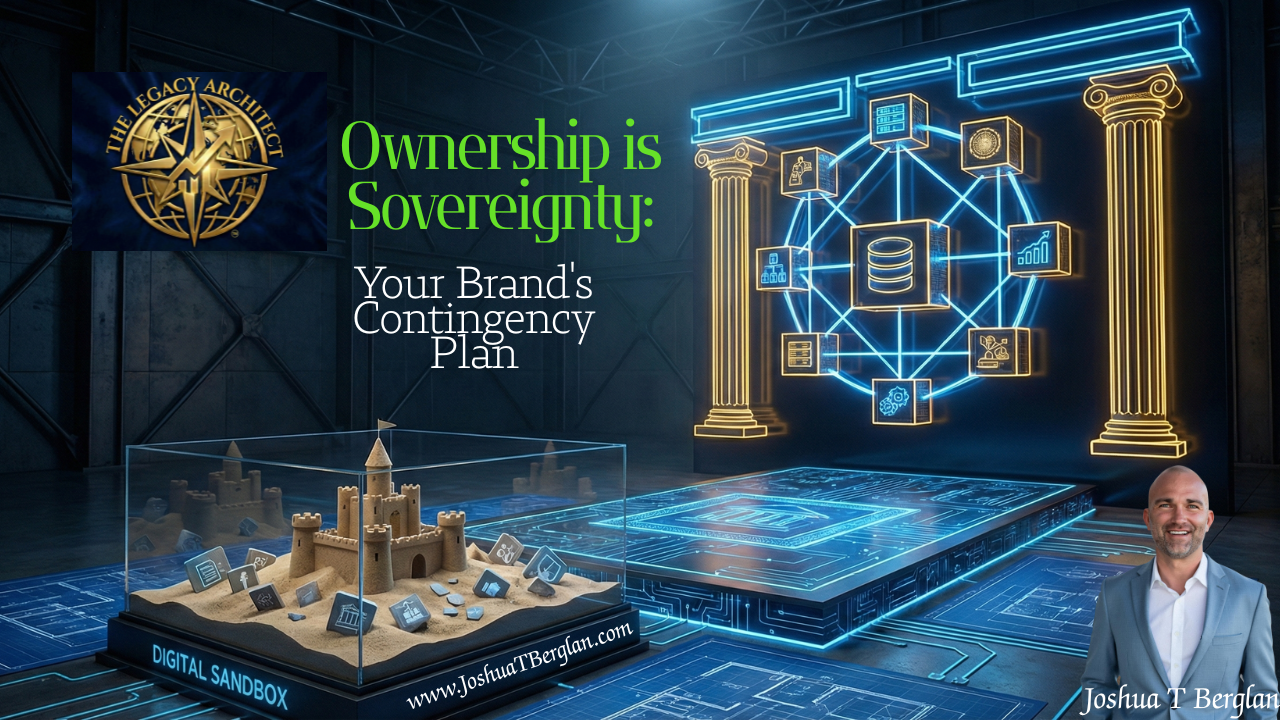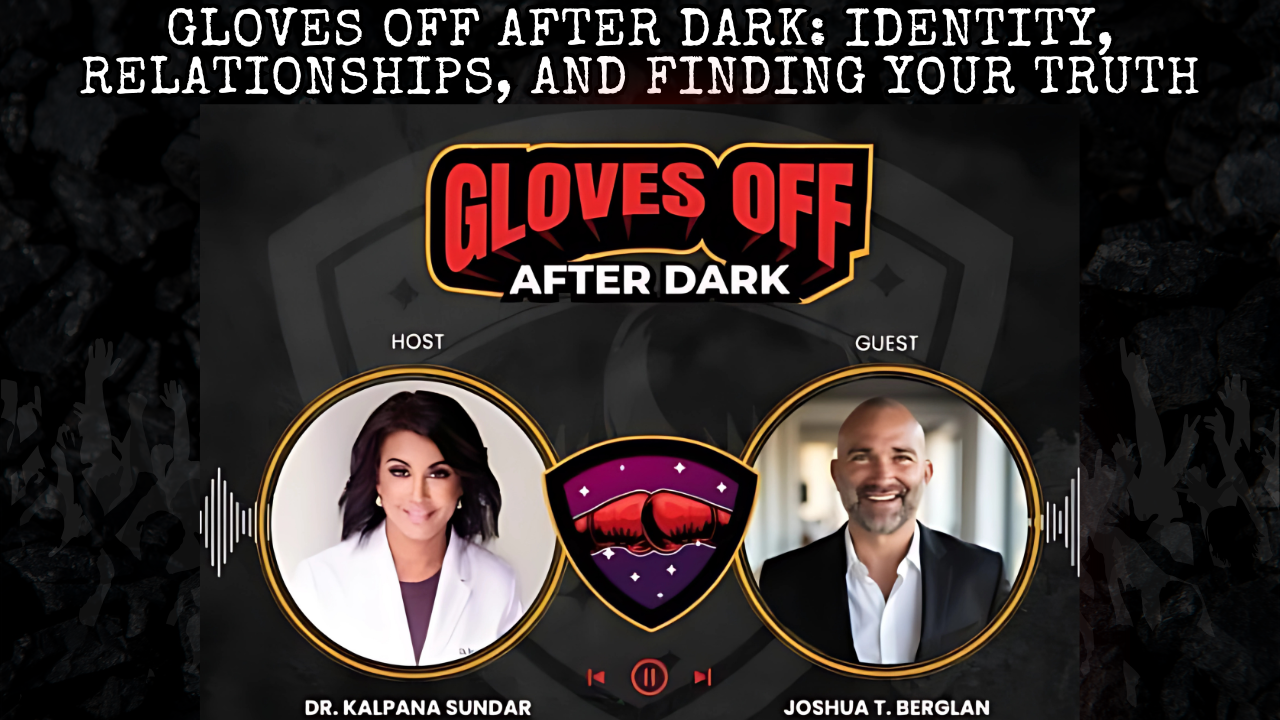As a board member for Hult Prize Nigeria, Olubunmi Sobande brings a unique and vital perspective. The financial controller and startup mentor shares her insights on why today's young "go-getters" need corporate discipline, and why legacy corporations desperately need startup agility.
From an interview with Joshua T Berglan
There are some leaders whose presence is felt before they even speak a word. In a virtual boardroom filled with passionate voices, a leader's character is often revealed not in the volume of their words, but in the weight of them. This is the distinct impression one gets from Olubunmi Sobande.
As a seasoned finance professional, Sobande is a study in powerful contrasts. By day, she is the Financial Controller at Northwest Petroleum and Gas Company Limited, where she leads financial strategy and drives operational excellence in a world of structure, high-stakes, and long-term governance. By passion, she is a dedicated advocate for innovation, mentoring entrepreneurs and shaping the startup ecosystem. This passion is powerfully demonstrated through her work as a board member for Hult Prize Nigeria , an organization dedicated to empowering the next generation of social entrepreneurs. (You can support their mission by donating here ).
She doesn't see these two worlds as conflicting. Armed with credentials from Lagos Business School and Pan-Atlantic University, she sees them as essential to one another.
"These large corporations actually started as startups," Sobande explains, her voice calm and clear. "They moved through that phase to become what they've become now."
It is this foundational understanding that makes her an invaluable guide for the next generation of entrepreneurs, like those she encounters through the Hult Prize. When asked to describe the young competitors she’s seen, she doesn't hesitate.
"The word will be 'go-getters,'" she says with an appreciative smile. "These are people that... know what they want. They were there because it's something that they already started... imagine people in school in universities still coming together with ideas to solve problems that they probably haven't even experienced as much."
"This is my co-founder, this is my CTO,' and it wasn't just for the competition... They are moving regardless. So they are go-getters."
It's clear she holds a deep respect for their drive. But it's this very respect that fuels her primary mission: to arm them with the one thing most visionary founders overlook, often to their own peril.
The Most Critical Lesson for Startups
When a founder is racing to build a product, find a market, and change the world, the last thing on their mind is financial bureaucracy. This, Sobande argues, is the single most dangerous mistake. Leveraging her proven track record of helping businesses achieve sustainable profitability and her extensive experience mentoring entrepreneurs on financial sustainability, she makes the case for one vital concept.
"Structure," she states unequivocally. "You cannot overemphasize it. It's important that startups are able to put structure in place from the very beginning... as you keep growing, it's what you start with that you will continue with."
She has seen brilliant, hard-working founders fail not because their idea was bad, but because their documentation was.
"I have companies... that have gone on for years, but you couldn'T really tell what they've done because all the transactions are processed from a personal account," she warns. "You're unable to consolidate what the company has done... and then you tend to start thinking they're not serious. Well, they've done a lot. It's just that they haven't kept the right document to show people."
She offers a powerful analogy that cuts to the core of the issue: "If you get a property, a piece of property, a car or anything, the important thing about it isn't the car. It's the document. ... This is what you take to the court or you take anywhere to the bank to get a loan. It's that important."
The Blindspot of Big Corporations
If startups need to borrow structure from the corporate world, Sobande is quick to point out that large corporations must, in turn, adopt the startup mindset of innovation and speed.
"Every company started out as a startup... But when you've gotten the product... people already know you. Sometimes you might think it's easier to just not rock the boat," she says. "There's just a way that human beings can settle, and it's human beings really running these corporations."
That "settling," she explains, is a vulnerability in an age of rapid disruption.
"The world is changing fast in this age of tech with young people with different mindsets," Sobande notes. "Big corporations need to ensure that they are able to be the kind of company that those young people are going to be able to work with or partner with or support, buy from."
A Vision for the Continent
Looking at the broader landscape of her home continent, Sobande draws on her deep expertise in finance, fintech, and blockchain. She sees these technologies as revolutionary tools, but with a critical caveat. The true revolution won't happen in the bustling financial hubs of Lagos or Nairobi—it's already there. The real, transformative impact is in the work that remains.
"There are still a lot of communities that could benefit from technology," she explains. "We still have villages to penetrate. We still have villages we need to bring on stream... there's a lot of expansion that we need to do outside just raising funds to expand into the next big city in another country."
"We still have villages to penetrate... There's still a lot of grounds to be covered in the homes."
This long-term, inclusive vision defines her approach. It's not just about the flashy tech; it's about building the financial plumbing that gives everyone access.
The Legacy of Support
For someone who moves in high-stakes financial circles, Sobande's personal "why" is "support consciousness," a desire to be the solid foundation upon which others can build. It reflects her passion as an advocate for innovation and impact.
"I recognize that not everybody will be in front, not everybody will be first," she reflects, "but we can all support a good cause."
This philosophy crystallizes when she's asked what legacy she hopes to leave behind in 20 years. Her answer is immediate and devoid of ego.
"To be a part of somebody's story, especially their success story," she says. "There was a company I actually worked with and they raised funds. I'm so proud of them... just to be a part of their success story is something I think would be good."
It's a fitting ambition for a leader whose greatest strength is not in seeking the spotlight, but in providing the essential, often-unseen structure that allows others to shine.
As she prepares to mentor another cohort of "go-getters," her final advice is as steady and reliable as her financial models.
"Being consistent can be quite underrated," she shares. "Sometimes you might get tired of the boredom of it, but if you're consistent in it, you'll pass that phase to the exciting part. Trust the process."







